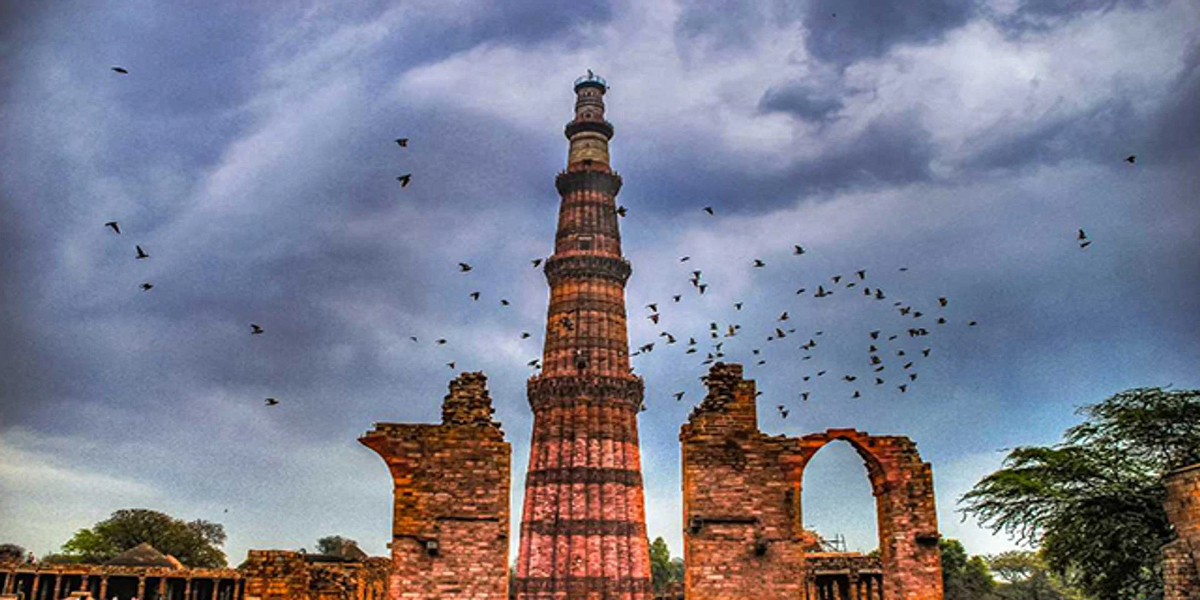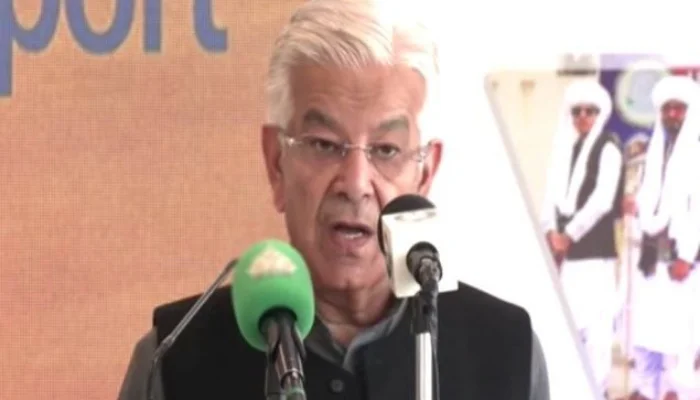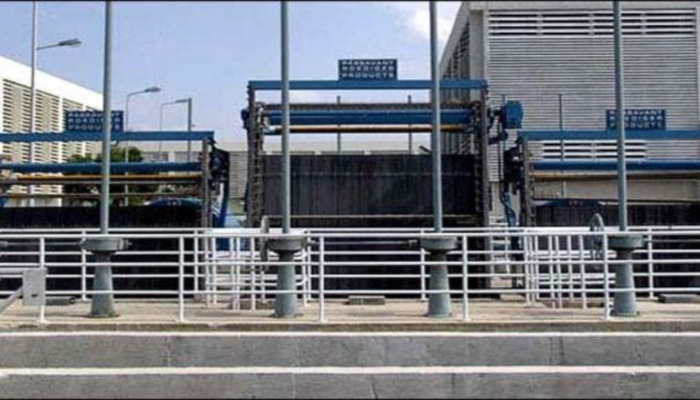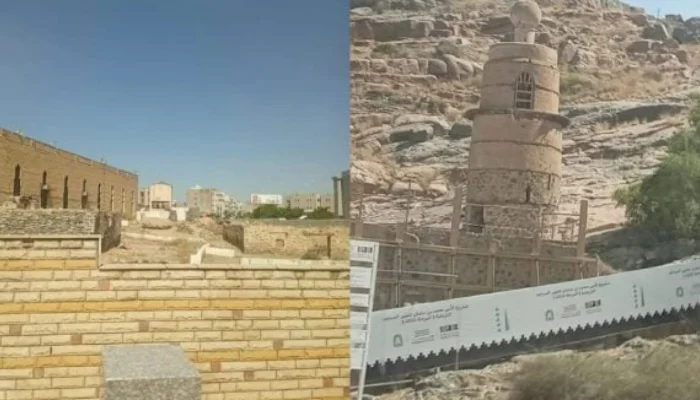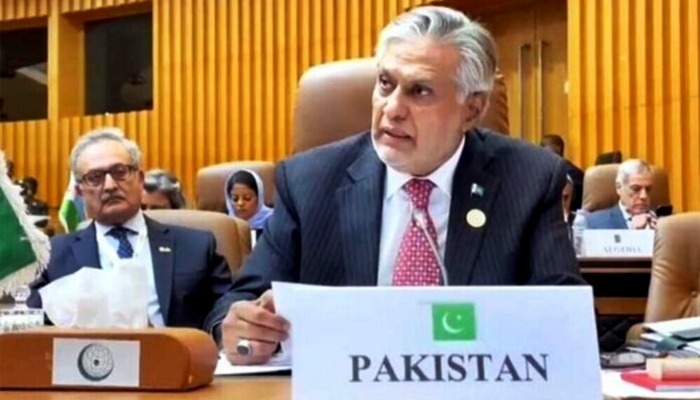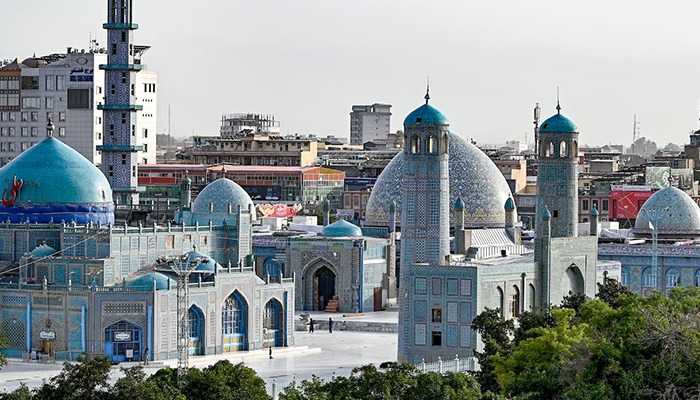- It was argued in the appeal that the applicant is a member of the Beswan family and the heir of Raja Rohini Raman Dhawaj Prasad Singh, as well as a descendant of Raja Nand Ram, who died in 1695.
- According to the petition, the temples were demolished, desecrated, and damaged under the command of the Slave Dynasty Emperor, who built something in the same location and dubbed it the Quwwat-Ul-Islam Mosque.
A new case filed in Delhi’s Saket Court on Thursday by a man claiming to be the scion of an Agra royal line seeking ownership of the Qutub Minar twisted the dispute over the restoration of temples at the minaret in the national capital.
After considering the intervention application, Additional District Judge Dinesh Kumar postponed the judgement on the appeal seeking the restoration of the Hindu and Jain temples and goddesses at the Qutub Minar complex until August 24.
Kunwar Mahendra Dhwaj Prasad Singh filed the intervention petition through Advocate M.L. Sharma, claiming to be the heir of the unified province of Agra and seeking rights to areas from Meerut to Agra.
Read More: IBM has begun a ‘orderly wind-down’ of its Russia business: Arvind Krishna
It was argued in the appeal that the applicant is a member of the Beswan family and the heir of Raja Rohini Raman Dhawaj Prasad Singh, as well as a descendant of Raja Nand Ram, who died in 1695.
“When Aurangzeb became firmly established on the throne, Nand Ram submitted to the emperor and was rewarded with the Khidmat Zamidarir, revenue management of Joar and Tochigarh,” read the plea.
The argument said that British India and its provinces were free and independent in 1947, during the reign of another family member, Raja Rohini Raman Dhawaj Prasad Singh.
However, the applicant contended that upon India’s independence in 1947, the Indian government did not enter into any treaty, nor did it engage into any accession, nor did it enter into any agreement with the ruling dynasty.
“The Central government, state government of Delhi and state government of Uttar Pradesh without due process of law encroached upon the legal rights of the applicant and misused the power, allotted, allocated and death with the property of the applicant,” it said further.
Read More: Microsoft is closing its operations in Russia & laying off more than 400 employees
Notably, the appeal in the matter, saying that around 27 Hindu and Jain temples were desecrated and ruined in 1198 during the reign of Slave Dynasty Emperor Qutub-ud-din-Aibak, prompted the construction of the stated mosque in place of those temples.
According to the petition, the temples were demolished, desecrated, and damaged under the command of the Slave Dynasty Emperor, who built something in the same location and dubbed it the Quwwat-Ul-Islam Mosque.

